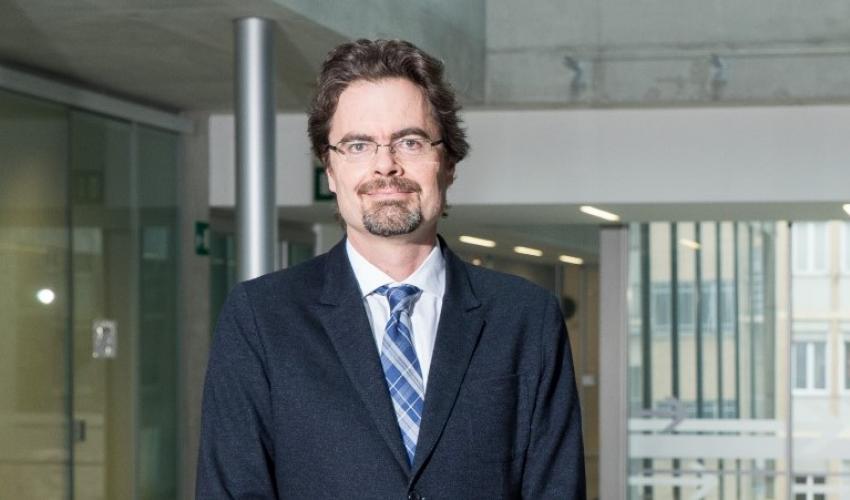
The Electric Mobility Revolution
INNOVATION AND SUSTAINABILITY ARE AT THE HEART OF NEW INITIATIVES IN PUBLIC TRANSIT. FOCUSING ON SERVICES AS WELLby Oliviero Baccelli, Academic Fellow at Department of Social and Political Sciences
Translated by Alex Foti
The restrictions imposed by the social distancing required to limit the spread of the Covid 19 pandemic have significantly impacted the urban mobility market in Europe. Until February, public transit was undergoing a phase of rapid technological and organizational evolution, highlighted by the recovery of market shares with respect to private mobility, which were abruptly interrupted by the effects of a widespread perception that buses and subways can be risky environments.
Public transport was seen as undergoing a veritable renaissance until a few months ago, as officially declared by the UITP, the world organization of public transit firm. This was due to several factors, some of which are effects of the new EU regulatory framework. This eliminated the numerous authorization barriers, completed the liberalization of medium-to-long-distance bus services, and introduced more stringent tenders for the procurement of local services. Another factor was the growing attention to the larger issue of ecological sustainability on the part of all economic operators.
Collective mobility does more than making the sector more efficient from the point of view of reducing emissions that alter the climate and pollute locally. It also addresses issues of equity in accessing economic opportunities, thus positioning itself at the center of strategies for relaunching large cities on a global scale. In particular, the C40 association of world cities, which sees among its members the mayors of Milan and Rome, has highlighted in all its strategic policy documents the role of public transport as a fundamental tool for the environmental, social and economic sustainability of urban areas, and has strongly endorsed the transition to electric motors instead of combustion engines in urban mobility. Following in thefootsteps of these guidelines, the Municipality of Milan and ATM, the local public transport company, have launched the complete electrification of a fleet of more than 1,200 buses, in order to enable service everywhere in the metropolitan area, which is one of the founding elements of mobility strategies for Milan from here to 2030.
The electrification of bus fleets has led to the entry of new investors and operators in the sector, attracted by the possibility of activating new business models based on the enhancement of the role of batteries in complementing electricity grids. For example the energy company ENEL X has been operating the urban bus network of Santiago, Chile since 2019.
These technological innovations, capable of improving not only on-board comfort thanks to the fact that electric vehicles are quieter and produce less vibrations, but also on the entire industrial process, since the management methods of bus deposits, maintenance and supplies are completely different, are also accompanied by innovations in ticket marketing models and in the integration between services. The possibility of new forms of work and entertainment while traveling, thanks to the spread of wi-fi routers on buses and stations, is one of the elements that contributes to the changing perception of the value of time dedicated to travel and this has favored passengers' demand growth.
Pending the vaccine for Covid 19, the ability of public transportation companies to introduce forms of innovation that make commuters and tourists travel in perfect safety from the point of view of sanitary conditions will be a key component in any return to the growth of public mobility in Italy and Europe at large.
